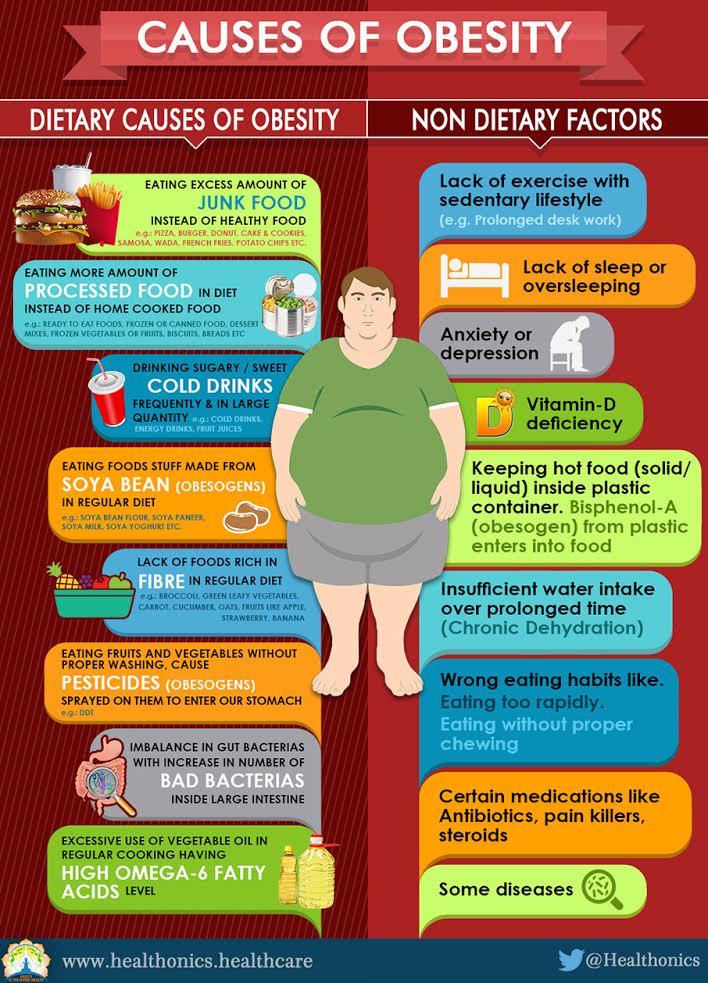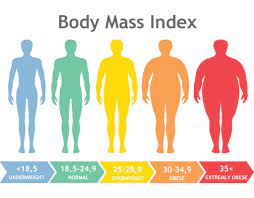Obesity is excessive development of fat throughout the body than the body requires. A person is said to be obese when his weight does not correspond to his height (Body Mass Index). It is usually a state of gross mass excess.

Causes of Obesity
⦁ The cause of obesity is the intake of calories in excess of the body’s requirement for energy. The excess energy is converted to fat and deposited in the body.
Excessive intake of fatty foods and refined sugars are mostly enjoyed by the affluent as a prestigious.
⦁ Eating in-between the normal meal times also contributes to the development of obesity.
⦁ Some obese people claim it runs in their families, that is, genetic. But from our experience of supervising different types of families with problems, including those with obese clients, and not from any empirical point of view, the behavioural factor which is handed on in the family, remains the strongest than genetic, if it is.
⦁ Socially, in this part of the world people especially women are admired and adored when they look fat. When this is not controlled, such people easily become obese.Children are sometimes obese because of the following reasons.
⦁ They eat more calories than the body uses. The reasons are the same as in adults. They may eat too much energy foods or take too little time exercises or both.
⦁ A child who is overweight becomes less active, so he may become more obese when he grows older.
⦁ Children at greater risk of being obese are those from richer families who eat many sweets and fatty foods and those who are overfed on formula (King and Burgess, 2004).

Effects of obesity
⦁ King and Burgess, 2004 also described the effects of obesity as:⦁ As the child grows, patches of fat build up in the lining of the arteries making them narrow.
⦁ A clot of blood forms when there is a patch of atheroma and blocks the artery completely.

⦁ When an artery in the brain is blocked and may lead to paralysis.⦁ Due to the above, they have a shorter life span.
⦁ Obesity also interferes with the action of insulin and is one of the factors that contribute to diabetes.
⦁ They may disfigure resulting embarrassment and lack of confidence.

Management and Prevention of obesity
The management of obesity is mainly behavioural change in eating and activity levels. The same principles are also employed in its prevention. These include:
⦁ Avoidance of formula foods for children as much as possible
⦁ Children’s foods should contain a lot of fibre and not too fat or sugar
⦁ Children should be discouraged from eating too much sweets and ice-cream
⦁ The diet should contain a lot of fibre to help promote a sense of fullness to prevent eating more.
⦁ Reduction in the amount of calorie foods eaten.
⦁ People should be encouraged to do regular exercising by running, playing football, jogging, dancing and so on.
WATCH THE VIDEO:
VIDEO COURTESY : DW

